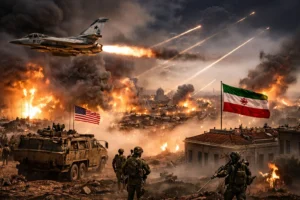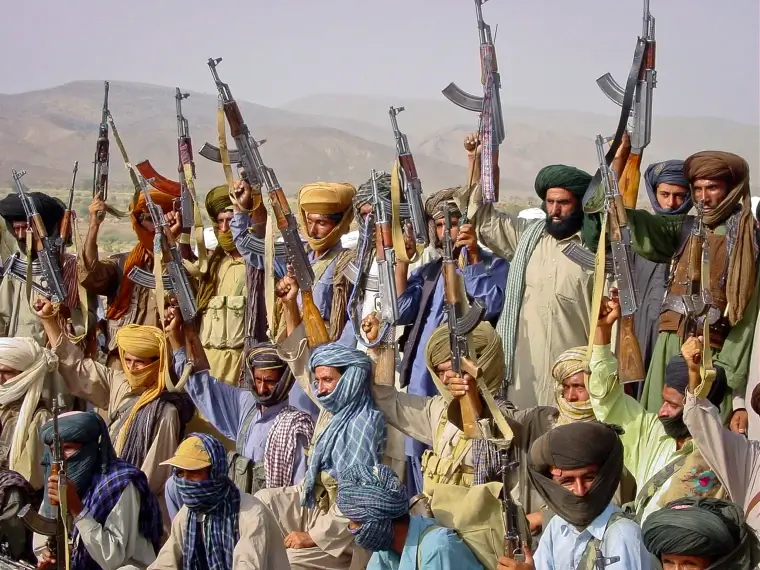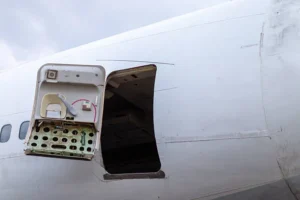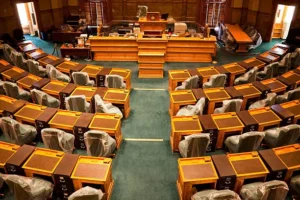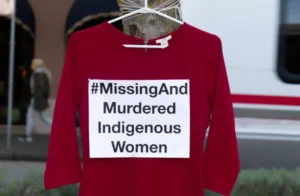Pakistan’s Balochistan province has witnessed a surge in violence, with the Baloch Liberation Army (BLA) killing 54 people in six separate attacks on Sunday and Monday. The attacks have sparked widespread concern and highlighted the growing instability in the region.
Truck driver Munir Ahmed survived an attack on a highway, where armed men shot him five times. Ahmed saw three men die in front of him before he lost consciousness. He remains in critical condition, a testament to the brutality of the attacks.
Escalating Violence in Balochistan
The Baloch Liberation Army targeted highways, railway lines, and security personnel, exposing the government’s intelligence failure. Analysts blame the military’s interference in civilian affairs for the escalating violence. “The military’s actions have sidelined genuine leadership and created a political vacuum,” said Abdul Basit, a research fellow.
China’s investment in the China-Pakistan Economic Corridor (CPEC) has fueled anti-China sentiment among Baloch separatist groups. They resent the state’s exploitation of their region’s resources and the lack of economic benefits for the local population.
Prime Minister Shehbaz Sharif vowed to defeat the enemies of Pakistan, but the government faces a severe economic crisis. Locals question where the state’s attention is going as the region teeters on the brink of chaos.
Dr. Mahrang Baloch leads a peaceful dissent movement in Balochistan. Her group, the Baloch Yakjehti Committee, advocates for non-violence and demands greater autonomy for the region. Despite facing personal losses, Dr. Baloch remains committed to her cause.
The situation in Balochistan is complex, with multiple factors driving the violence. However, one thing is clear: the government’s current approach is failing. A new strategy is needed, one that addresses the root causes of the conflict and engages with local leaders.
The international community has remained silent on the issue despite the growing humanitarian crisis. Human rights groups have urged the government to investigate the attacks and hold those responsible accountable. As the violence continues, the people of Balochistan remain caught in the crossfire, their futures uncertain. The government must act now to address the crisis or risk losing control of the region forever.

